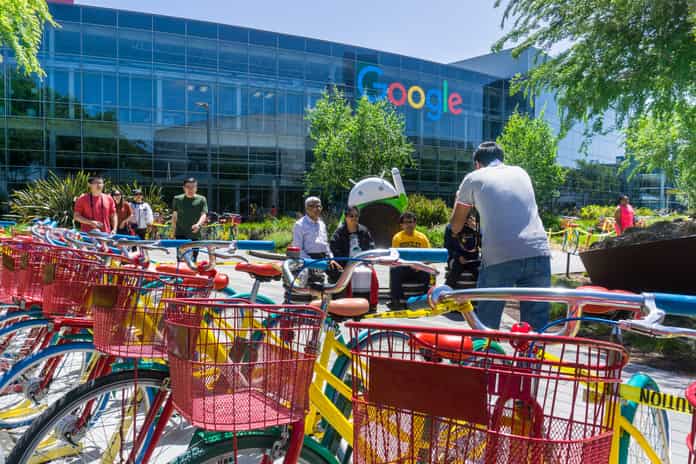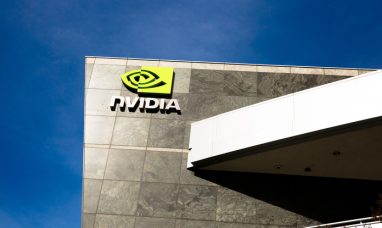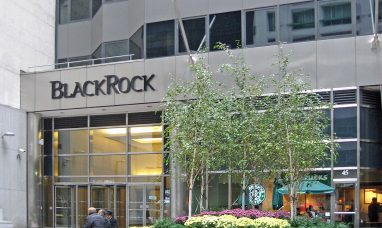On Monday, the Alphabet subsidiary Google (NASDAQ:GOOGL) responded negatively to a request made by European telecoms operators to get large technology companies to help fund the costs of network infrastructure. Google (NASDAQ:GOOGL) stated that the request was an outdated idea detrimental to customers and that Google was already investing millions of dollars in the internet’s infrastructure.
Google President Statement
The statements were made by Matt Brittin, president of EMEA business and operations at Google (NASDAQ:GOOGL), at the same time as the European Commission mentioned that it would seek feedback from the telecoms and technology companies on the matter in the coming months before making any legislative proposal.
Large operators such as Deutsche Telekom (DTEGn.DE), Orange (ORAN.PA), and Telefonica (TEF.MC), along with other large operators, have long complained that their technological competitors freeride on their networks. These rivals argue that they use a significant portion of internet traffic and ought to contribute monetarily.
According to Brittin, the concept, which dates back more than a decade, can undermine the principle of net neutrality or free internet access in Europe.
According to the speech presented at a conference organized by a telecoms lobbying group called ETNO, he will say that introducing a “sender pays” premise is not a novel idea and that doing so would upend many of the values of the open internet.
“These arguments are comparable to those we heard ten years ago, and we have not seen any new data that changes the position.”
According to Brittin, it “may hurt consumers, especially during a time of price hikes,” and she cited a report by the pan-European consumer group BEUC that outlined such worries.
He stated that Google, the company that owns YouTube, has done its bit to make it more efficient for telecoms carriers by transporting traffic 99% of the way and investing millions of euros to do so.
Brittin stated that during 2021, the company made capital expenditures of over 23 billion euros, most of which went into infrastructure.
There are six big data centers in Europe, twenty undersea cables worldwide, five in Europe, and caches to store digital content within local networks in twenty European places.
Featured Image: Megapixl © Andreistanescu















